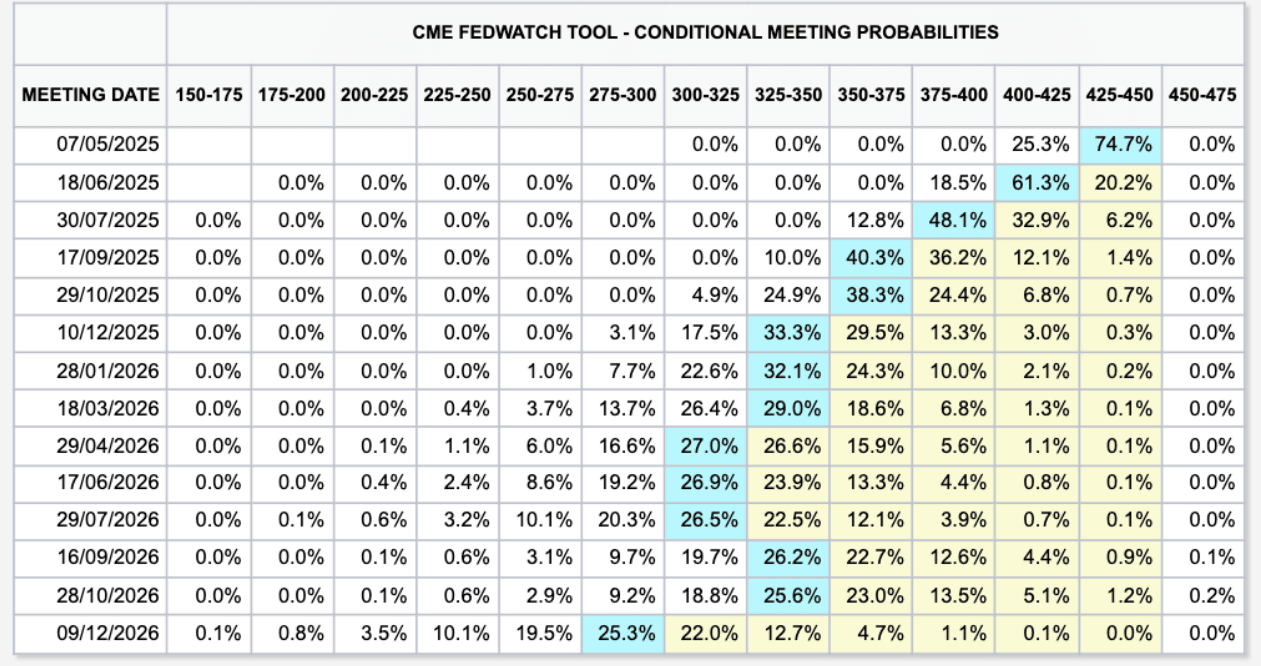On April 3, after the U.S. stock market opened, Bitcoin fell below $82,000, reaching its lowest point of the month. Earlier, spurred by the U.S. government's announcement of tariff policies, Bitcoin surged to $88,580, but the upward momentum quickly faded as policy details exceeded expectations.

Bitcoin fell below $82,000
Meanwhile, the S&P 500 index plummeted 3.7% in a single day, evaporating nearly $3 trillion in market value, marking the largest decline since the pandemic lockdown in 2020.
Trading firm Kobeissi Letter pointed out that since the previous day's after-hours peak, the S&P 500 has lost about $125 billion in market value every minute.
Unemployment data below expectations, market tightening expectations heat up
Data from the U.S. Department of Labor shows that for the week ending April 3, the number of initial unemployment claims was 219,000, lower than the expected 228,000, and the previous value was revised up to 225,000. Strong labor market data reinforces expectations that 'high interest rates will last longer,' putting pressure on traditional risk assets.

Despite this, the CME FedWatch tool shows that the market still expects a probability of more than 70% for a rate cut at the Federal Reserve's June meeting. Analysts at Kobeissi Letter believe that rising recession risks may force the Fed to act sooner.

Federal Reserve target interest rate probability (screenshot). Source: CME Group
Death cross indicates bearish outlook in the medium term; institutions warn of downside risks
On-chain analytics firm Glassnode noted that Bitcoin's 30-day and 180-day moving averages formed a 'death cross,' a technical indicator that has historically been followed by a bear market lasting 3 to 6 months. Data shows that recent speculative selling volume is far below historical price peak levels, suggesting the market has not fully reflected downside risks.

Bitcoin realized price 'death cross' impact data Source: Glassnode/X
Trader Roman described the current trend as 'stepwise increases, elevator-style decreases,' while analyst Byzantine General warned that countermeasures to tariff policies may continue to suppress market momentum: 'In the short term, there may be a fake breakdown that entices short selling, but upside potential will be limited.'
